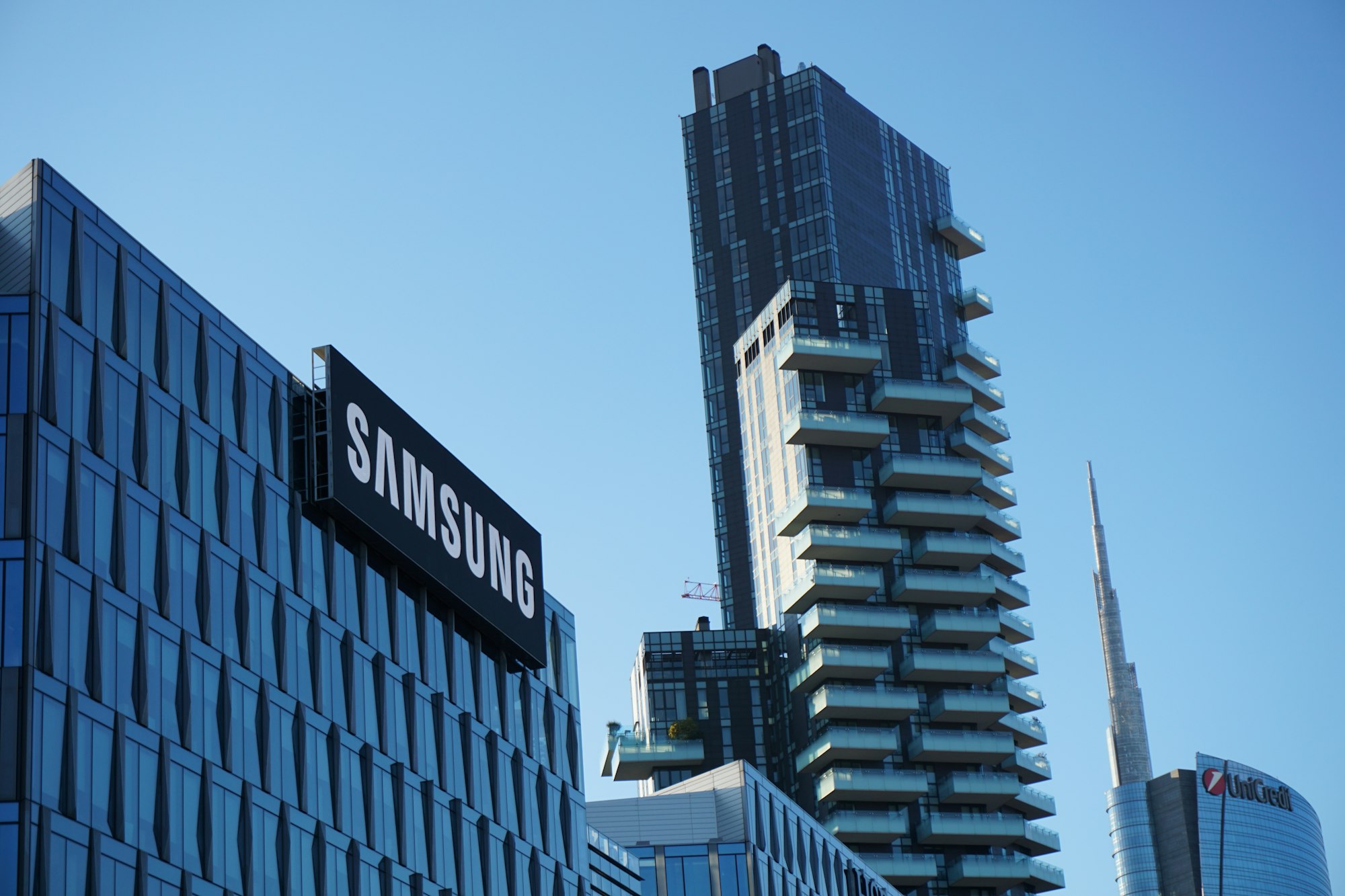New Leadership Prompts Renewed Debate Over Italy’s Role In China’s Infrastructure Project
Italy's decision to join China's Belt and Road Initiative (BRI) is back in the spotlight, as Rome's new leadership faces a deadline to potentially end the agreement. The BRI was originally launched as a comprehensive infrastructure development campaign by Chinese President Xi Jinping, spanning over 140 countries and aimed at exporting China's industrial overcapacity to boost its global influence.
- The current dilemma for Italy's new prime minister, Giorgia Meloni, is whether to maintain ties with China or align with Taiwan, which could jeopardize relations with Beijing
- According to the agreement between Italy and China, the partnership can be terminated after five years or extended for another five-year period if no action is taken
- Italy has until the end of 2023 to notify China of its decision regarding the continuation of the deal
Prior to being elected, Prime Minister Meloni expressed her view that joining the BRI was a mistake, but she faces pressure from her coalition partners who have a softer stance on China and are interested in closer economic ties with the country.
Europe Caught Between Economic Interests And National Security Concerns
As Rome approaches a decision regarding its ties with China, the European Union is also grappling with its relationship with Beijing. While some EU member states prioritize economic links with China, others advocate for a more critical approach. China is the EU's largest import source and the third-largest buyer of EU goods, and some argue that China's cooperation is necessary for progress on climate policy.
- However, many European governments believe that China should play a more active role in supporting Ukraine after Russia's invasion, and China's 12-point peace plan for the Ukraine war fails to specify that Russia must withdraw from Ukrainian territory
- Additionally, the US has urged EU nations to adopt a more critical stance on China, which may align with the interests of countries seeking a strong transatlantic relationship
10 Years Later
The momentum behind China's Belt and Road Initiative (BRI), which was once seen as a flagship project is losing steam nearly a decade after its launch. Lending for BRI projects has declined significantly due to the COVID-19 pandemic and China's economic slowdown. As a result, there is growing uncertainty about the future of the project, as partner countries struggle with debt and projects stall.
- Bradley Parks, the executive director of the AidData research group at the College of William and Mary, revealed that in 2022, 60% of China's overseas lending went to borrowers in financial distress, compared to just 5% in 2010
- According to researchers, the Belt and Road Initiative (BRI) is not a well-structured geopolitical campaign but a collection of loosely connected deals and projects that come under the banner of infrastructure development
- Hong Zhang, a researcher of Chinese public policy at the Harvard Kennedy School, says that the BRI is more like a slogan than a single program. She adds that Beijing has little control over the projects happening on the ground
Unsustainable Loans
Even before the COVID-19 pandemic, China's lending had already started to decline. The pandemic has accelerated this trend along with China's economic slowdown. Many countries are finding it unsustainable to take on Chinese loans, particularly after Russia's invasion of Ukraine caused global market prices to rise, leading to a backlash against Beijing's lending practices.
- For example, Sri Lanka defaulted on its debt last year, and Pakistan, which owes nearly one-third of its foreign debt to China, is facing protests over a major port project
- Recently, Zambia, which is heavily indebted, has been negotiating a restructuring plan with China, its largest bilateral creditor
Disclaimer
Please note that this article does not constitute investment advice in any form. This article is not a research report and is not intended to serve as the basis for any investment decision. All investments involve risk and the past performance of a security or financial product does not guarantee future returns. Investors have to conduct their own research before conducting any transaction. There is always the risk of losing parts or all of your money when you invest in securities or other financial products. Please note that the writer of this article is not registered as a financial advisor.
Credits
Photo by Michele Bitetto on Unsplash.






